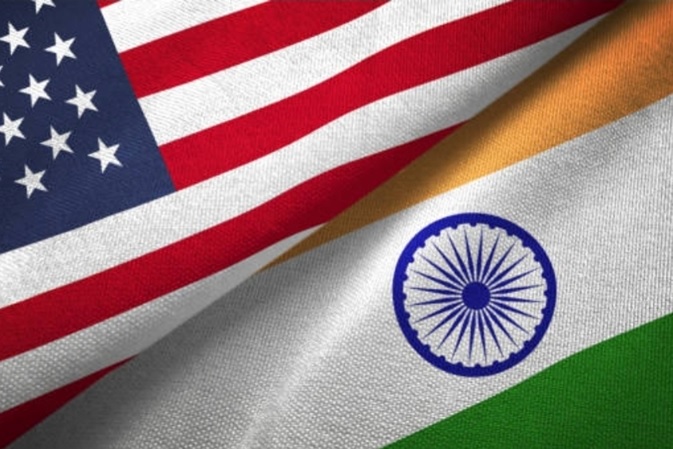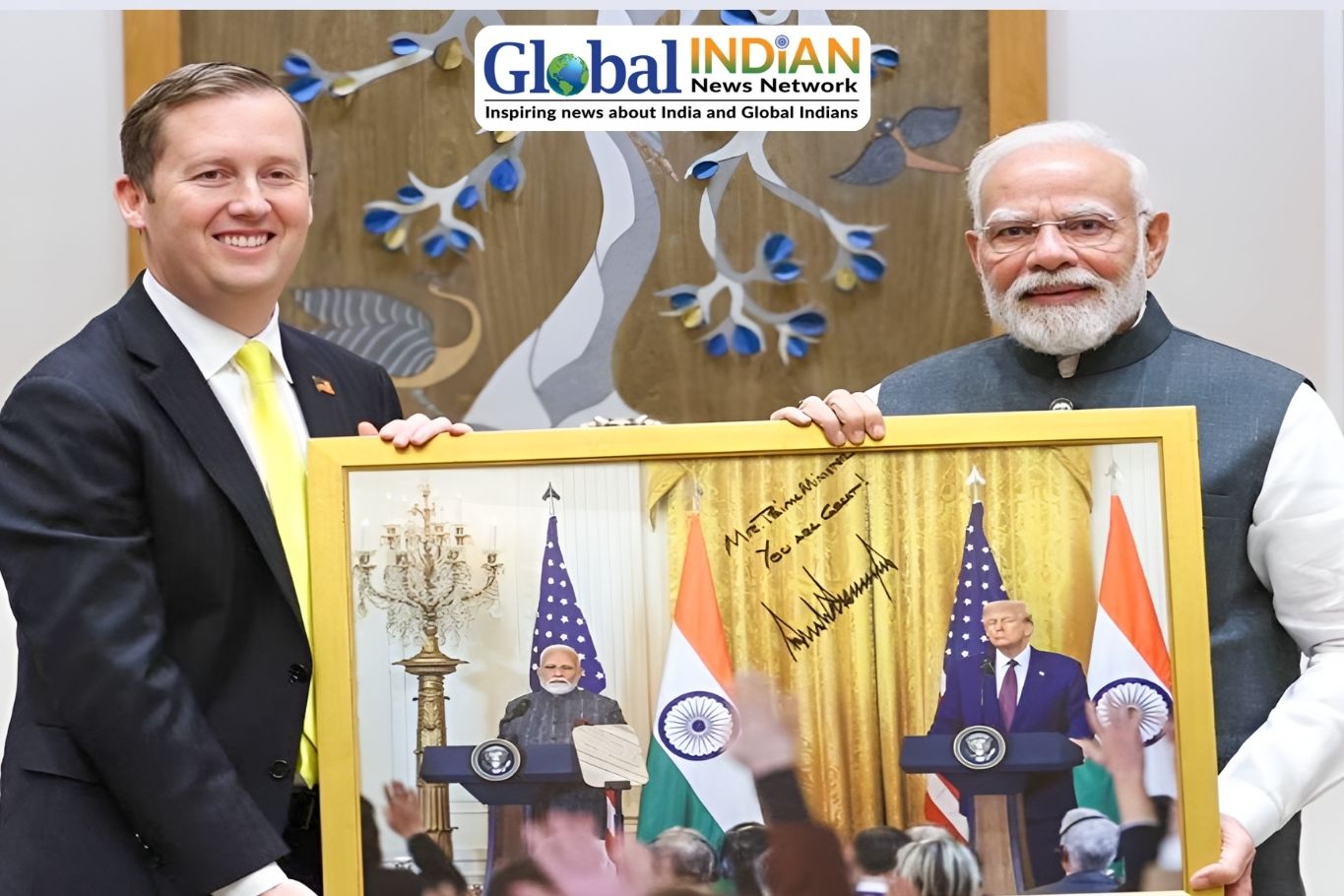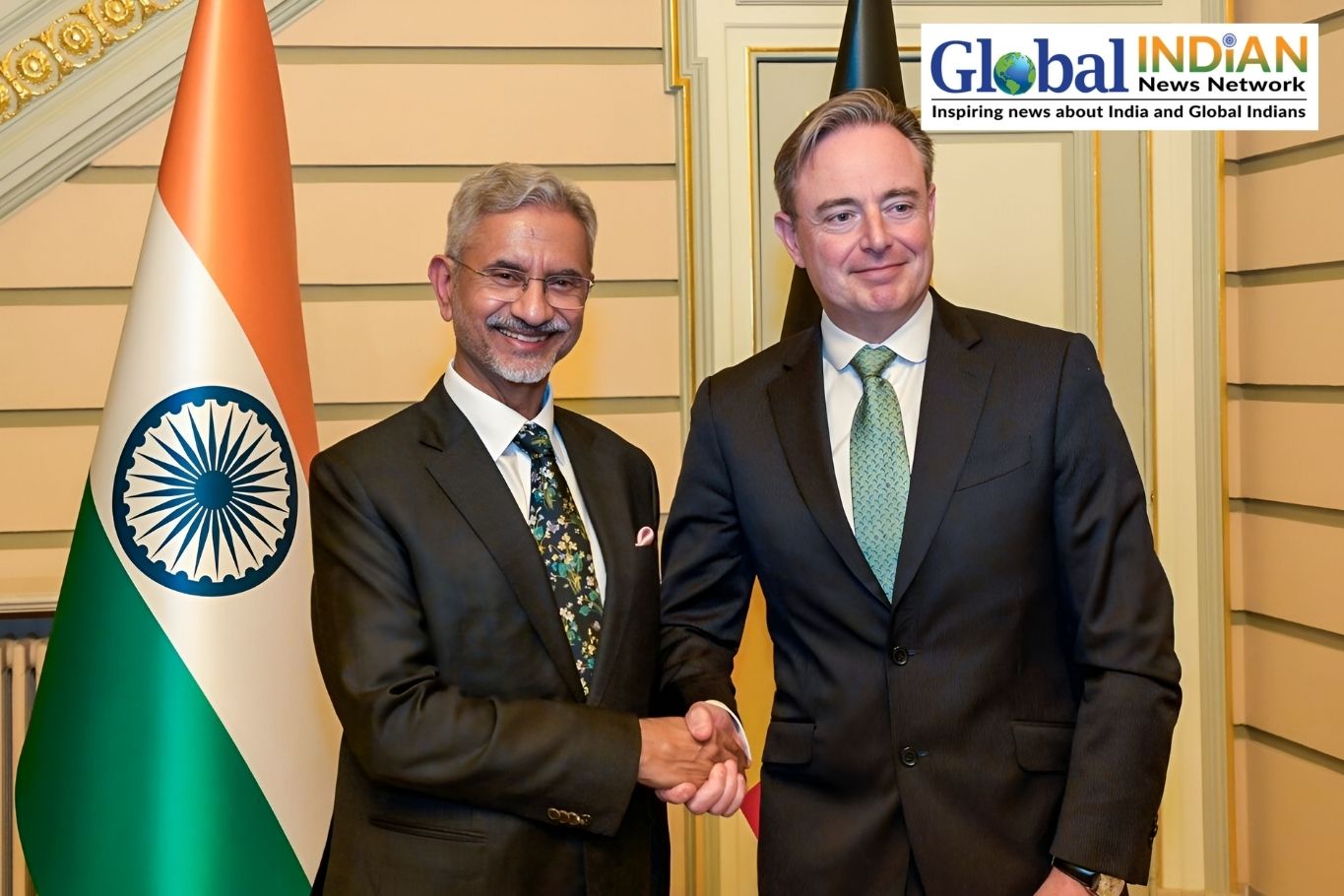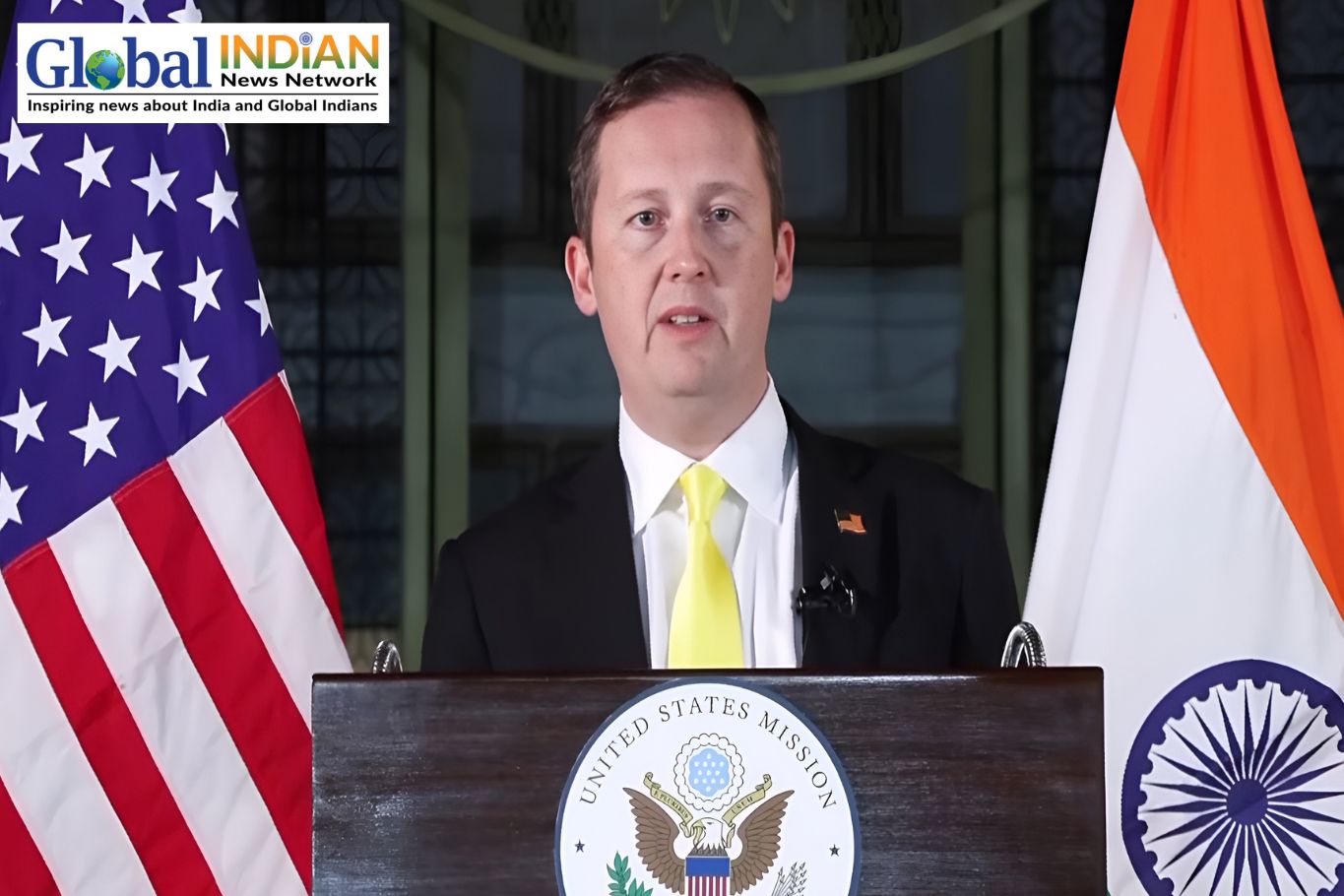 Republican candidate Donald Trump has emerged victorious in the US presidential election, capturing a decisive majority in the Electoral College and, for the first time, winning the popular vote. Vice President Kamala Harris, who joined the race after President Joe Biden’s withdrawal, narrowly lost the election. This marks the second time in three elections that a female Democratic candidate was unable to defeat Trump.
Republican candidate Donald Trump has emerged victorious in the US presidential election, capturing a decisive majority in the Electoral College and, for the first time, winning the popular vote. Vice President Kamala Harris, who joined the race after President Joe Biden’s withdrawal, narrowly lost the election. This marks the second time in three elections that a female Democratic candidate was unable to defeat Trump.
The latest episode of Grand Tamasha, a podcast on Indian politics and policy, explored the election’s implications for Indian Americans and US-India relations. Featured guests Sadanand Dhume from the Wall Street Journal and Tanvi Madan from the Brookings Institution highlighted key insights during their discussion with host Milan Vaishnav.
Dhume noted a fascinating trend of “racial depolarization,” indicating that ethnic and racial groups in the US are no longer aligned strongly with either Democrats or Republicans. Exit polls revealed a significant increase in minority support for Republican candidates.
Discussing the Indian American perspective, Dhume referred to data from the Indian American Attitudes Survey, which showed that only 7% of Kamala Harris’s supporters cited her Indian heritage as a primary factor. This could suggest Indian Americans are moving beyond identity-based politics or perhaps felt less connected to Harris’s portrayal of her heritage.
Regarding policy, Trump’s second term will likely focus on completing initiatives from his first term. Key appointments such as Stephen Miller for immigration and Kristi Noem for homeland security suggest immigration control will remain a top priority.
On the US-India relationship, Madan emphasized India’s strategic positioning. Unlike traditional US allies, India benefits from Trump’s view of “freeloading allies.” India is expected to present itself as a collaborative partner, focusing on defense technology and burden-sharing initiatives. While trade and immigration could be contentious, India is not seen as a problematic country under Trump’s administration.
Experts predict that India’s adaptability and prior experience with Trump will help strengthen bilateral ties in the coming years.











